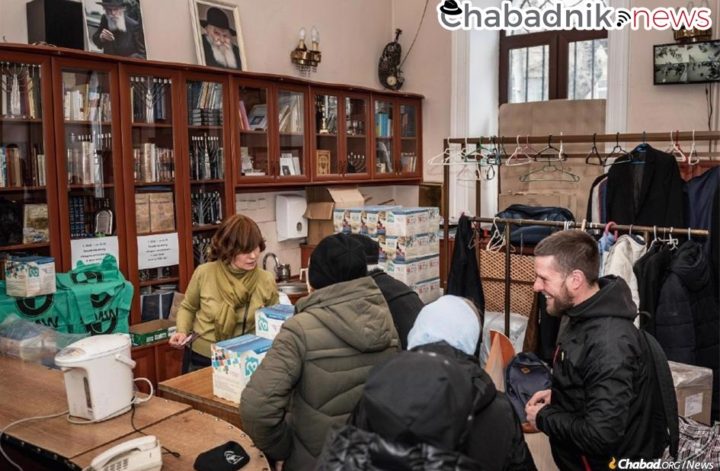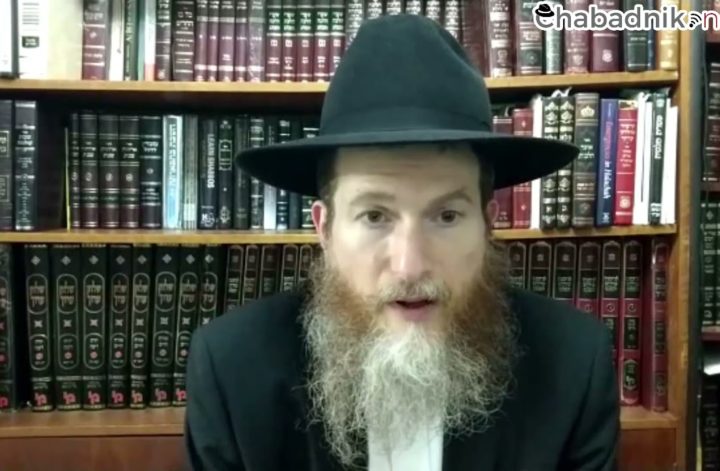
I remember you, the kindness of your youth, the love of your betrothal, when you went after Me in the wilderness, in a land not sown. (Yirmiyahu 2:1)
In the days leading up to the Seder last year, as I scrubbed my kitchen clean of chameitz, I questioned the point of this highly wrought exercise without the little hands and feet joining in. And what would it be like to sit at a Seder without the questions that children and grandchildren bring to the table? Wasn’t that the purpose of the elaborate production that begins with Kadeish and ends with the afikoman?
The Seder rituals are designed to transmit the tradition from generation to generation. “V’higadeta l’vincha bayom ha-hu . . .” And you shall tell your children [about the Exodus] on that day . . . So what becomes of the commandment if the children are not at the table that day, if a tree falls in the forest and no one is there to hear it?
Last Passover, it was just my husband and I at the Seder. We made our way through the Haggadah, pausing to examine passages that we hadn’t considered before. We took time to ponder the meaning of a covenant between unequals, the mystery of faith that is constantly tested, the tensions between the demand to conform and the desire to break free.
It was a manifestly different Seder experience. Children and guests play a central role in Jewish life, never more so than on Passover. Without them there, absent the social scaffolding that keeps us at a comfortable distance from spiritual concerns, the conversation turns inward. For many, the past year has been a time to develop this inner dialogue into a mature, personal affair.
Absent the social scaffolding that keeps us at a comfortable distance from spiritual concerns, the conversation turns inward. For many, the past year has been a time to develop this inner dialogue into a mature, personal affair.
***
The story of Passover takes us back to a time of spiritual radiance. Moses, Aaron, and their successors led the people by miracles and the word of G-d. But the dazzling light of those heady days has long faded, and each subsequent generation is said to be further diminished by its absence, what classical rabbinic Judaism calls “the decline of the generations.” At the same time, it is also true that back in those early days when the Jews were but a fledgling nation—an infant, insecure people—they needed the steadying hand of prophets and priests.
In the past year, our ranks have been tragically depleted. We have mourned the loss of a bevy of preeminent Jewish leaders and teachers. Their passing leaves us bereft, a dor yatom, an orphaned generation. And yet we have persevered. Supported by the teachings of those no longer with us, sustained by the knowledge that we have endured the worst that history can deliver, we have weathered the trials of this last year with extraordinary resilience.
That resilience is evident in the Chabad representative who watched the life that she and her husband built in Chengdu, China, unravel in the pandemic (page18). Like her colleagues—who have made their homes in the Far East to support Jewish travelers, and who usually prepare months in advance for Seders that seat two thousand—she went back to the drawing board and started over. This Passover, depending on location and circumstances, some Chabad centers will host (socially distant, safe) Seders; others will not. No one, we pray, will have to sit alone. But a year into the pandemic, the rituals of this holiday have taken on new dimensions. We know the pungent taste of maror. And we know, in a deep, visceral way, that to be alive and free to celebrate is something to sing about. Dayenu.




